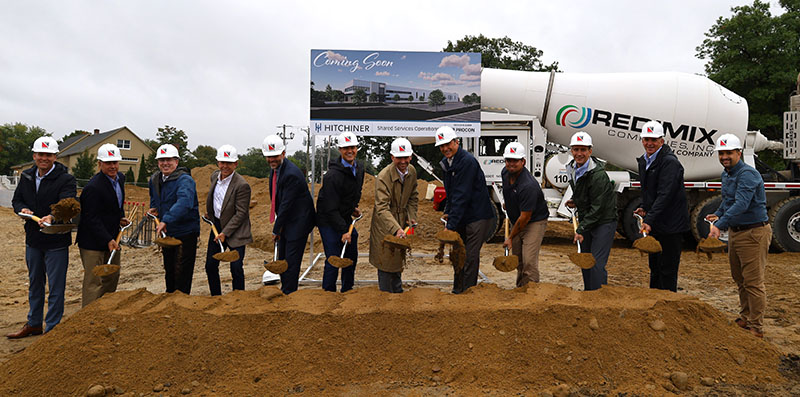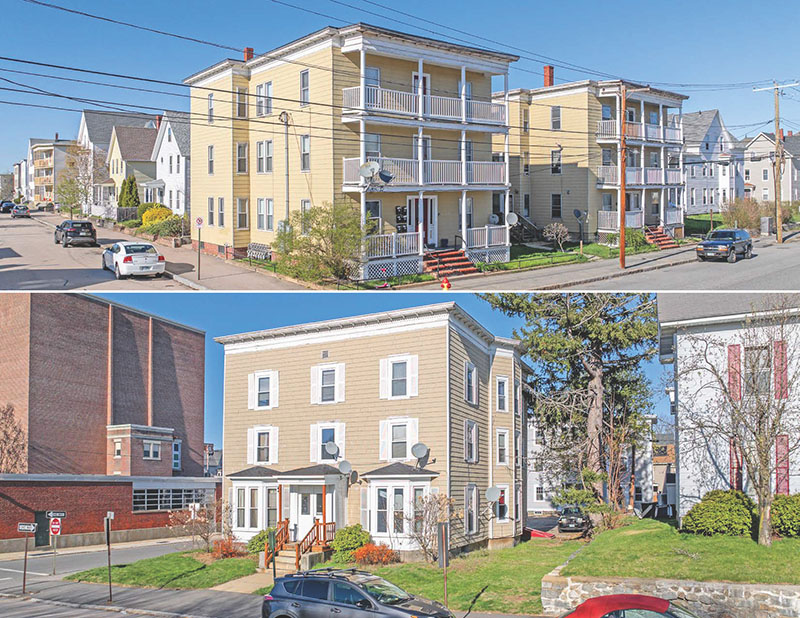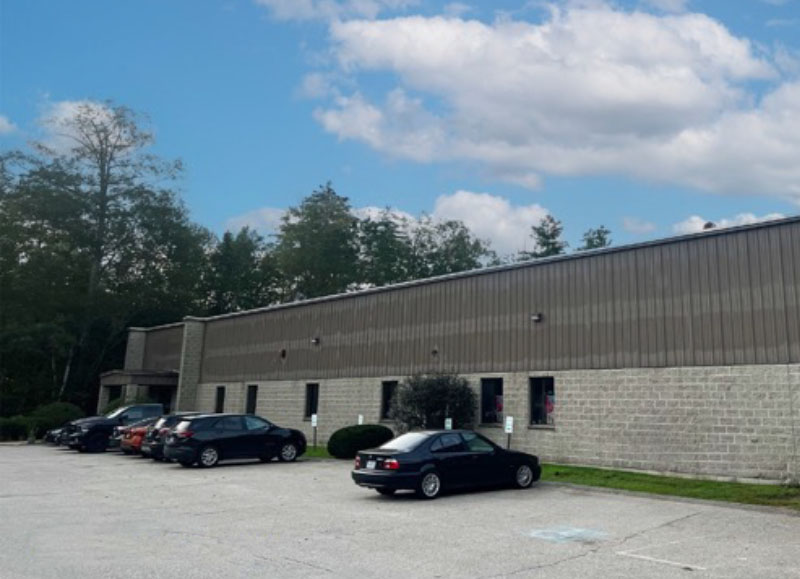News: Northern New England
Posted: June 28, 2011
Philip Hastings and Elizabeth McCormack - The Secure and Fair Enforcement for Mortgage Licensing Act's effect on residential R.E. market
part of a comprehensive response to the subprime mortgage crisis and predatory lending practices that caused failures in the housing market and financial industry, Congress passed the Secure and Fair Enforcement for Mortgage Licensing Act, better known as the "SAFE Act". The SAFE Act is aimed at reducing fraud and increasing accountability of "mortgage loan originators" in order to better protect consumers. The definition of a "mortgage loan originator" is broad and includes anyone who, for direct or indirect compensation, assists a consumer in obtaining or negotiating financing secured by residential real estate, such as mortgage bankers, brokers, originators and servicers employed by nondepository institutions. The SAFE Act requires residential mortgage loan originators to be registered with the Nationwide Mortgage Licensing System and Registry. The SAFE Act also compelled states to adopt minimum licensing requirements for both the individuals who originate residential mortgages as well as the companies that employ them. The U.S. Department of Housing and Urban Development, the agency charged with enforcement of the SAFE Act, has the right to take over a state's regulation of mortgage originators if that state's own licensing standards deviate from the SAFE Act.
The SAFE Act has had a twofold chilling effect in New Hampshire, as well as in other states, on the residential real estate market. First, the N.H. law implementing the federal SAFE Act prohibits attorneys who are not licensed with the N.H. Banking Commission as "mortgage loan originators" from negotiating loan modifications for at-risk borrowers unless foreclosure has been commenced. The Banking Commission has further taken the position that short sales of properties constitute loan modifications and cannot be facilitated by an attorney or any other non-licensed party except on a pro bono basis. The licensing requirement severely impairs the ability of some homeowners to navigate their way out of "underwater" mortgage situations and complicates the recovery of the housing market.
Second, the N.H. SAFE laws preclude seller-financed residential transactions unless the sale involves the seller's personal residence or is being made to an immediate family member. As a result, subdivision and condominium developers who are willing to take back a mortgage from buyers who cannot obtain conventional financing cannot legally do so unless they are licensed under the SAFE Act. Given that licensing involves criminal background checks, credit checks, fingerprinting, hours of educational courses and ongoing monitoring by the Banking Commission, it is "safe" to say that seller financing of residential real estate in N.H. is not currently a viable mechanism to help boost sales.
During a time when borrowers need all the help they can get to keep their homes, and lending standards have become too strict for many borrowers to obtain institutional financing, the SAFE Act, no matter how well-intentioned, is failing instead of protecting the consumer. Although recently passed legislation may relax the absolute prohibition on unlicensed seller financing in N.H., HUD has not yet issued final regulations interpreting the application of the SAFE Act. Several national groups, including the American Bar Association and the National Association of Realtors, have weighed in on the SAFE Act's implications and asked that HUD carve out licensing exemptions for attorneys and for owner-financed transactions in order to stimulate residential sales. Until final regulations are issued, however, attorneys, real estate brokers and other parties who have traditionally been a part of residential financing modifications and private loan negotiations should be wary of getting involved in these types of deals, as the penalties are severe. Even though a residential transaction might look simple, there is no "safe"ty net under the SAFE Act for failure to comply.
Philip Hastings and Elizabeth McCormack are attorneys with Cleveland, Waters and Bass, P.A., Concord, N.H.
Tags:
Northern New England
MORE FROM Northern New England
PROCON and Hitchiner break ground on 57,000 s/f shared services operations facility
Milford, NH Hitchiner, in partnership with PROCON’s integrated design and construction team, has officially broken ground on a new 57,000 s/f shared services operations facility at its Elm St. campus. This building will house value-added services used across Hitchiner’s various business units,








